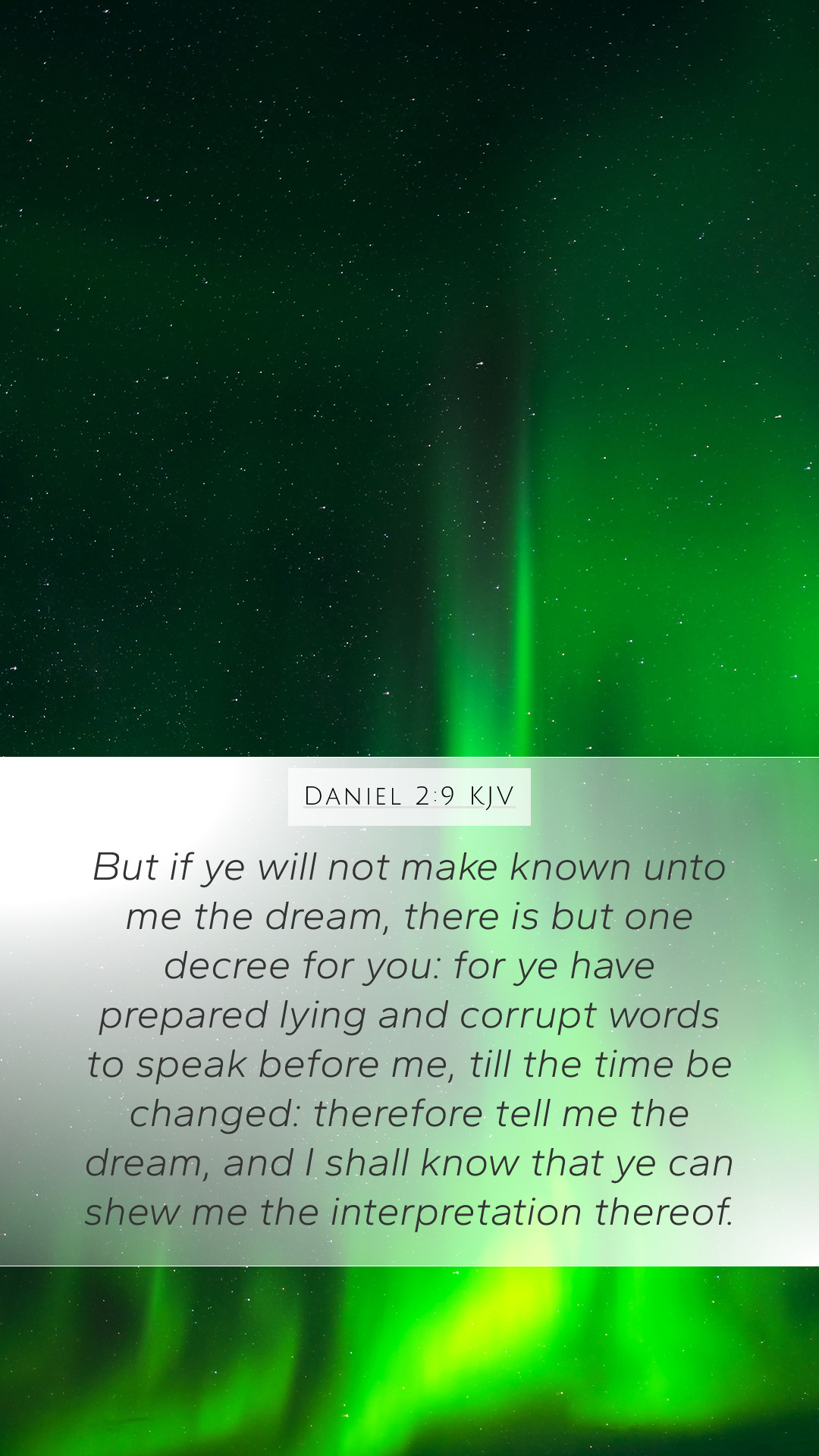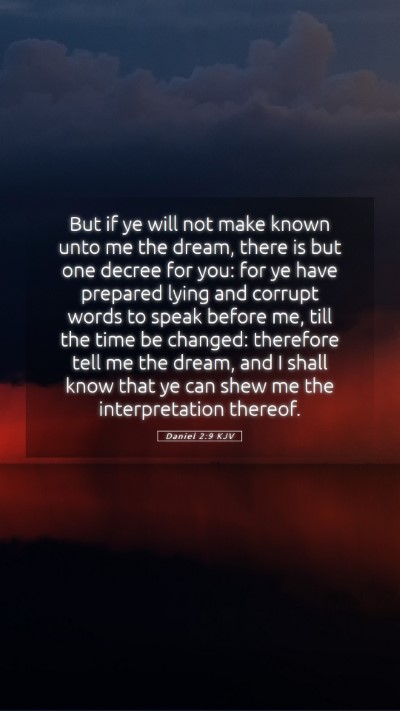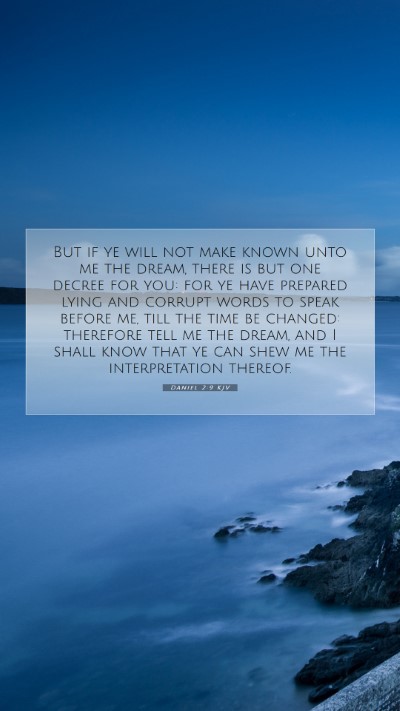Old Testament
Genesis Exodus Leviticus Numbers Deuteronomy Joshua Judges Ruth 1 Samuel 2 Samuel 1 Kings 2 Kings 1 Chronicles 2 Chronicles Ezra Nehemiah Esther Job Psalms Proverbs Ecclesiastes Song of Solomon Isaiah Jeremiah Lamentations Ezekiel Daniel Hosea Joel Amos Obadiah Jonah Micah Nahum Habakkuk Zephaniah Haggai Zechariah MalachiVerse
Daniel 2:1 Daniel 2:2 Daniel 2:3 Daniel 2:4 Daniel 2:5 Daniel 2:6 Daniel 2:7 Daniel 2:8 Daniel 2:9 Daniel 2:10 Daniel 2:11 Daniel 2:12 Daniel 2:13 Daniel 2:14 Daniel 2:15 Daniel 2:16 Daniel 2:17 Daniel 2:18 Daniel 2:19 Daniel 2:20 Daniel 2:21 Daniel 2:22 Daniel 2:23 Daniel 2:24 Daniel 2:25 Daniel 2:26 Daniel 2:27 Daniel 2:28 Daniel 2:29 Daniel 2:30 Daniel 2:31 Daniel 2:32 Daniel 2:33 Daniel 2:34 Daniel 2:35 Daniel 2:36 Daniel 2:37 Daniel 2:38 Daniel 2:39 Daniel 2:40 Daniel 2:41 Daniel 2:42 Daniel 2:43 Daniel 2:44 Daniel 2:45 Daniel 2:46 Daniel 2:47 Daniel 2:48 Daniel 2:49

